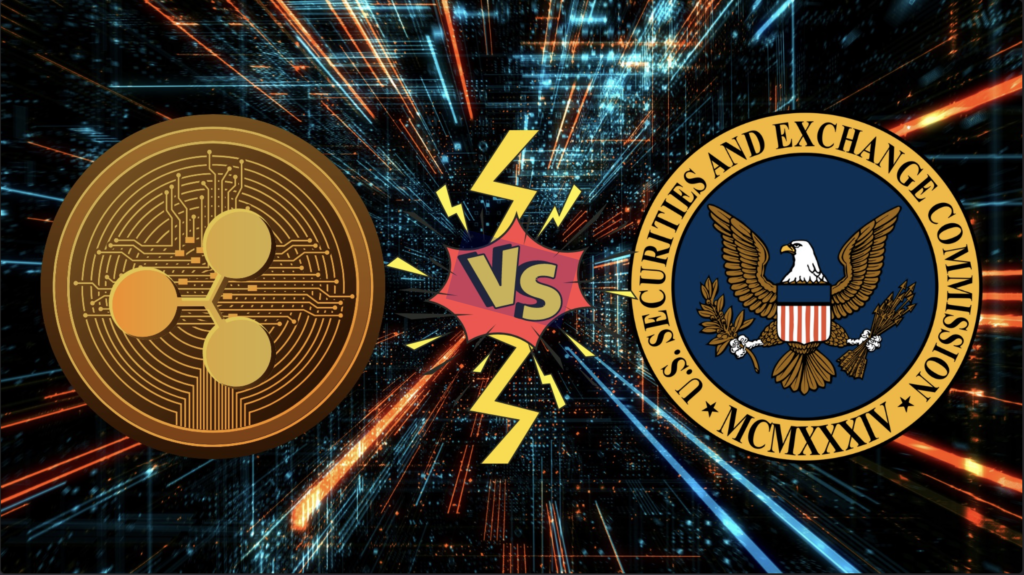The SEC vs. Ripple lawsuit, filed in December 2020, focuses on whether XRP, Ripple’s cryptocurrency, should be classified as a security. The U.S. Securities and Exchange Commission (SEC) alleges that Ripple raised $1.3 billion through the sale of XRP in violation of Title 15 U.S. Code § 77e, which prohibits the sale of unregistered securities. The SEC claims XRP fits the definition of a security under the Howey Test (from SEC v. W.J. Howey Co., 328 U.S. 293 (1946)), which assesses whether a transaction qualifies as an “investment contract.” This classification depends on whether an investment of money is made in a common enterprise with the expectation of profits primarily from the efforts of others.

Ripple’s defense hinges on differentiating XRP from securities. The company asserts that XRP is a decentralized digital asset, much like Bitcoin and Ethereum, which the SEC has not classified as securities. Ripple further argues that it never held an initial coin offering (ICO) and that XRP’s use as a bridge currency for international transactions separates it from typical investment contracts. Ripple also contends that the SEC failed to provide “fair notice” about its view of XRP’s status, potentially violating Due Process rights under the U.S. Constitution.
In July 2023, Ripple achieved a partial victory when the court ruled that while institutional sales of XRP violated securities laws, retail sales on cryptocurrency exchanges did not. This ruling suggests that XRP itself is not inherently a security, and that the context of its sale matters. Nevertheless, Ripple is still grappling with the ramifications of institutional sales, a key part of the SEC’s case.
For Ripple, engaging a white collar crime defense attorney is critical due to the intersection of corporate finance and regulatory scrutiny. A criminal defense lawyer NYC specializing in financial law is essential for navigating securities litigation, especially with the potential for civil and criminal penalties. The complex nature of this case, involving both Ripple’s corporate conduct and regulatory ambiguity, positions it as a landmark in cryptocurrency law.
The stakes are significant for Ripple and the broader crypto industry, as a ruling in favor of the SEC could lead to more stringent regulations, affecting how digital assets are classified under U.S. law. If Ripple loses, this may influence the future of other cryptocurrencies, forcing companies to register their tokens with the SEC, potentially stifling innovation. On the other hand, if Ripple prevails, it could create a precedent that helps clarify the regulatory landscape for cryptocurrencies, encouraging growth and adoption in the sector.
Investors who have suffered financial losses due to regulatory uncertainties may consult a personal injury lawyer in New York to explore avenues for compensation, particularly if they believe misleading information affected their investments. A New York white collar lawyer could also assist in defending companies or individuals facing similar allegations in the future.
Given the high stakes of the lawsuit, Ripple’s legal team will need a sophisticated understanding of securities law and blockchain technology, making an experienced NYC lawyer specializing in crytocurrency, Bitcoin, regulatory law or financial crimes essential to its defense.
Call us for a consultation.